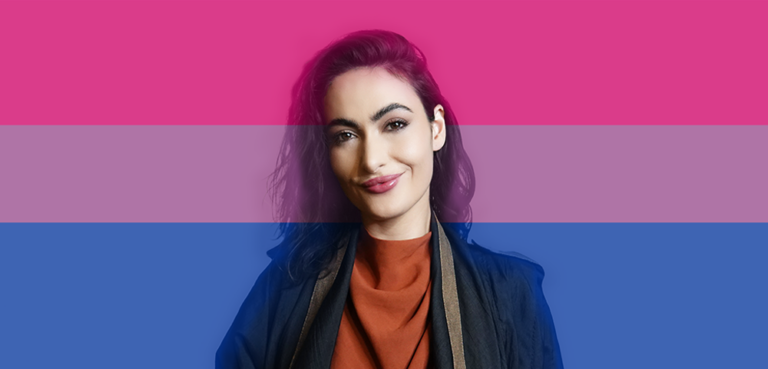

PEOPLE with intersex variations are born with atypical physical sex characteristics. We face a range of health and human rights issues — and deep-seated stigma — caught between two contrasting visions of who and how we should be. On the one hand, this includes medical interventions in infancy and childhood that are explicitly intended to make intersex bodies conform to social norms for a specific sex or gender. On the other hand, people with intersex variations increasingly face misgendering, through social expectations to identify as a third gender or sex, to challenge or transgress gender norms.
Neither approach lets us truly make our own choices.
Intersex Awareness Day this year marks two significant events. The day itself, and one year since the Senate published a ground-breaking and cross-party committee report, the Involuntary or coerced sterilisation of intersex people in Australia.
The Senate report identified “disturbing” issues with current medical practices affecting girls and boys with intersex variations, leading to genital “normalising” interventions and sterilisations. Decision making on sterilisations is intertwined with grounds other than cancer risk. Genital surgeries occur despite “particular concern” about later sexual function and sensation; there is no medical consensus about their conduct, and standards of “normality” are subjective.
The Senate committee report recommended deferring interventions that are not medically necessary until the persons affected can consent. It also called for national human rights-based standards, effective oversight, linkages between community organisations and hospitals, and long term follow-up. It called for funding for peer support and counselling, including support for families of infants and children with intersex variations.
Neither Commonwealth nor state and territory governments have responded. Meanwhile, community support for people with intersex variations and their families is volunteer-led, unfunded and unmet. Clinical practices remain unchanged.
In the absence of action, what do human rights and social justice for intersex people look like?
From an LGBTI perspective, social justice means an end to misgendering, and the portrayal of intersex as if it describes a non-binary gender identity. It means an understanding of intersex as a form of bodily diversity.
It means a real focus on the health and human rights issues addressed by the Senate inquiry. And this means putting intersex-led organisations front and centre when talking about intersex issues.
Human rights and bodily autonomy for people with intersex variations means a focus on family support and counselling — a far better solution to stigma than surgery. Honesty and openness are the best gifts for children and their families. Secrecy and shame result in unhealthy outcomes. Peer support, and presenting children with age-appropriate facts about their body in a clear and neutral manner helps them to accept those differences in the same light.
For adults, experiences of trauma, secrecy and stigmatisation mean that engagement levels with clinicians are low. Secrecy and shame are still the reality for very many intersex people. Public disclosure is much less likely than for LGBT individuals. Nevertheless, we need recognition: an apology; counselling and support to overcome those legacies; and reparation.
Talk of an LGBTI community is often presumptive. Numerous organisations receive LGBTI funding, but very few have attempted to back that up with meaningful work. Only one LGBTI organisation made a submission to the Senate inquiry. Staff, including paid staff, typically have no experience, understanding or capacity around intersex issues. Reliance on volunteer intersex-led organisations to provide that expertise often inadvertently exploits those organisations rather than builds their capacity. This is not okay; it has to change if intersex inclusion in LGBTI is to be meaningful.
Above all, people with intersex variations need the implementation of last year’s Senate committee report. We need to know that it’s really okay to be intersex in Australia.
Find resources and information at http://oii.org/au/faq




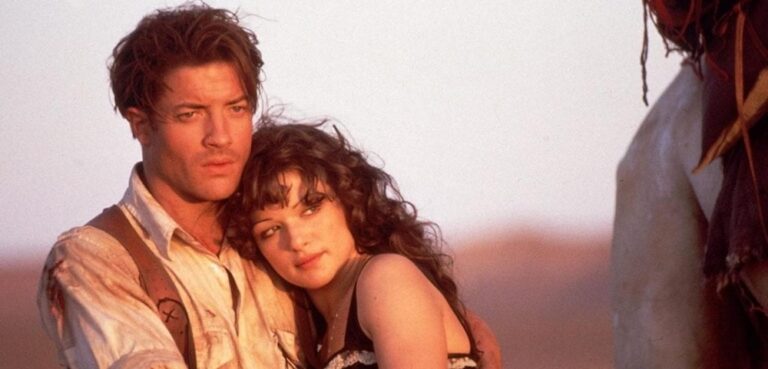

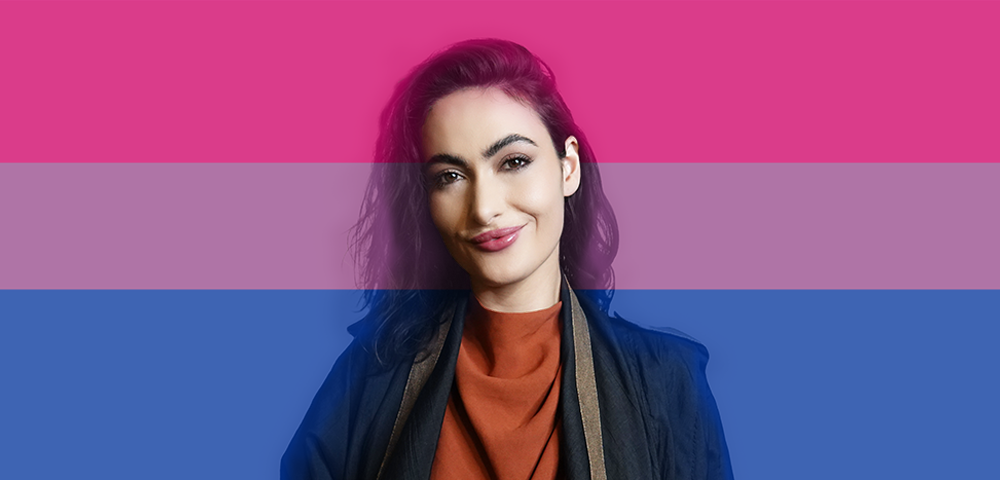


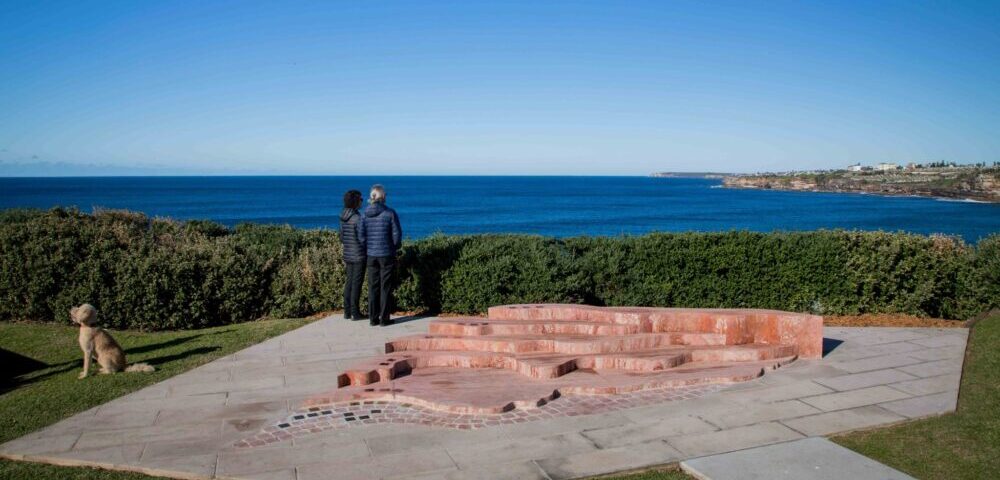
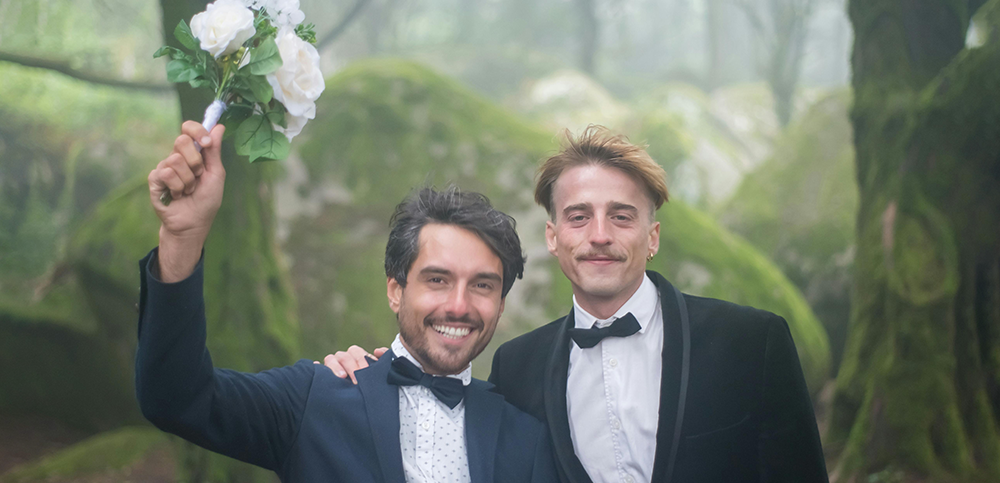
Thanks for connecting with me, I appreciate the support. We had our public launch last Friday the 24th. Gender, sex an sexuality diversity. I am one of the intersex representatives. An amazing turn out of a judge cross section of community organisations, indigenous reps” sistergirls, trans an intersex. Media. In support the human rights commissioner, Tim Wilson. Look forward to hearing from you.